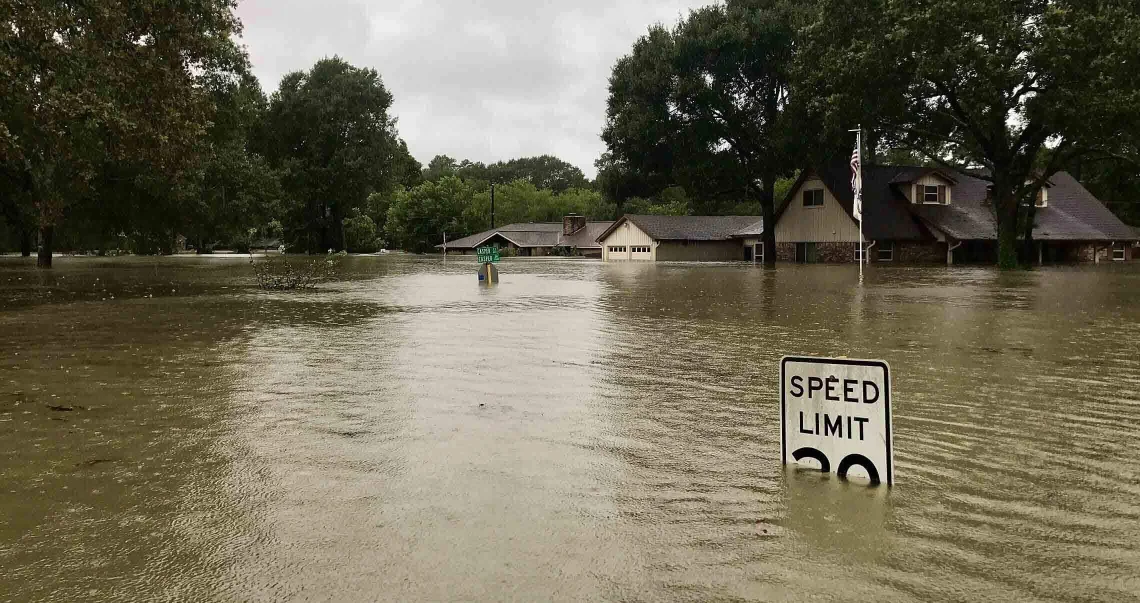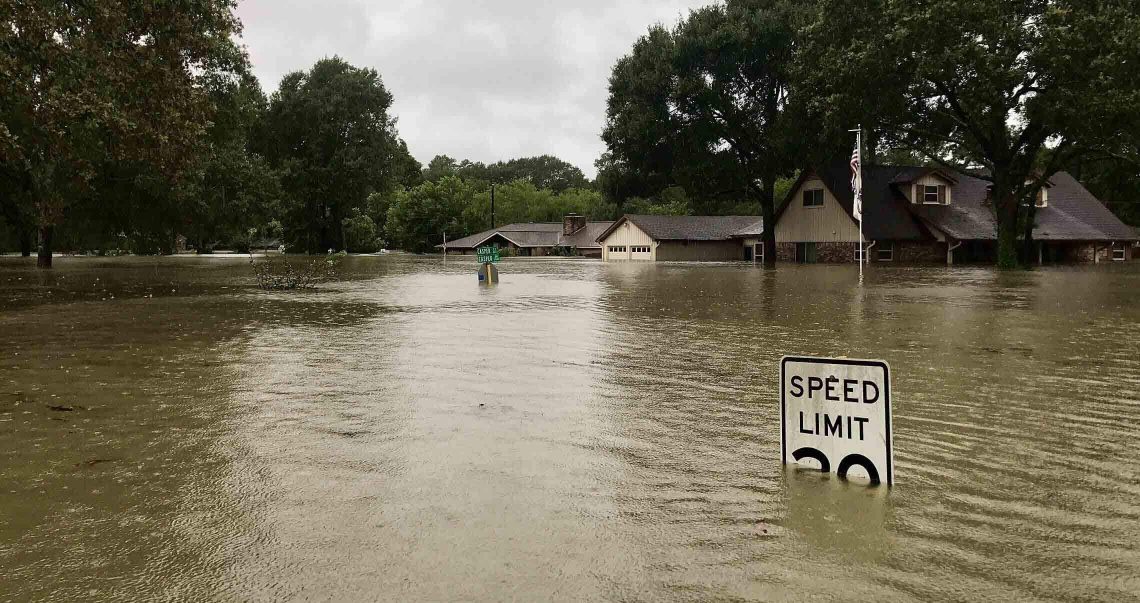What does flood insurance cover?
Flooding can affect every corner of the US, and the problem has become exacerbated by climate change. This global phenomenon has been found to detectably influence several contributors to flooding, including rainfall and snowmelt. This means even homeowners who don't live in flood hazard areas should consider purchasing flood insurance to protect their properties.

So what does flood insurance cover? It's important to get a good understanding of what it actually entails when trying to determine which types of insurance will benefit you. Here's what you need to know.
What is flood insurance?
According to the Federal Emergency Management Agency, it only takes one inch of floodwater to cause potentially up to $25,000 in damages. Because homeowners insurance doesn't pay specifically for flood damage, homeowners without flood insurance could be left with a big bill after even a minor flood.
To ensure you're protected from flood damage, you'll need to buy a specific flood insurance policy. The federal government offers a National Flood Insurance Program, or NFIP, in all 50 states for policies of up to $250,000 for building damage and up to $100,000 for a building's contents. Building and contents policies are purchased separately. NFIP partners with insurance companies in each state to provide these policies.
If you think you may need more coverage than what you can get through NFIP, you can purchase an excess flood policy from a private insurer. You may even be able to find an insurance company that can write both an NFIP policy and an excess flood insurance policy for you, which can help simplify the process.
What does flood insurance cover?
It's important to understand how NFIP and insurance companies determine what's covered by flood insurance. Insurers define a flood as an excess of water in normally dry land that covers at least two acres and affects at least two properties. If the water damage to your home comes from a source that doesn't meet these requirements, your homeowners insurance may cover the damage.
If the water affecting your home meets the definition of a flood, flood insurance may cover the following:
- Building and foundation
- Electrical systems
- Heating, ventilation and air conditioning, or HVAC, systems
- Appliances like refrigerators, ovens and dishwashers
- Wall-to-wall carpeting
- Paneling, wallboard, built-in bookcases and cupboards
- Window blinds
- Debris removal
If you also purchase a flood insurance contents policy, you can expect the following items to be covered:
- Personal belongings like clothing, furniture and electronics
- Curtains
- Portable or window air conditioners or heaters
- Microwaves and portable dishwashers
- Carpets not included in the building coverage
- Washers and dryers
- Freezers and food stored within them
- Certain valuables, such as jewelry and artwork
What does flood insurance not cover?
Although the list of coverages is fairly robust, flood insurance shoppers should be aware of what's not covered by their policies. Insurers will not pay claims for things like moisture, mildew or mold because these could have presumably been avoided by the homeowner. Additionally, don't expect flood insurance to cover your car, temporary housing while you're getting your home repaired and cleaned up after a flood, or outdoor losses of things like trees, patios, septic systems, walls, fences and swimming pools.
Each flood insurance policy will outline specific coverage limitations and exclusions. Insurance buyers will need to carefully review their policies to make sure they understand what is and isn't covered.
Do I need flood insurance?
Flood insurance is an important financial protection for homeowners. It'll protect you in the event of a flood, which your homeowners insurance won't do. You may also want to incorporate flood protection into your plan to finance home improvements to add greater resilience. Even if you don't live in a flood-prone area, having the extra protection of flood insurance can give you peace of mind.





